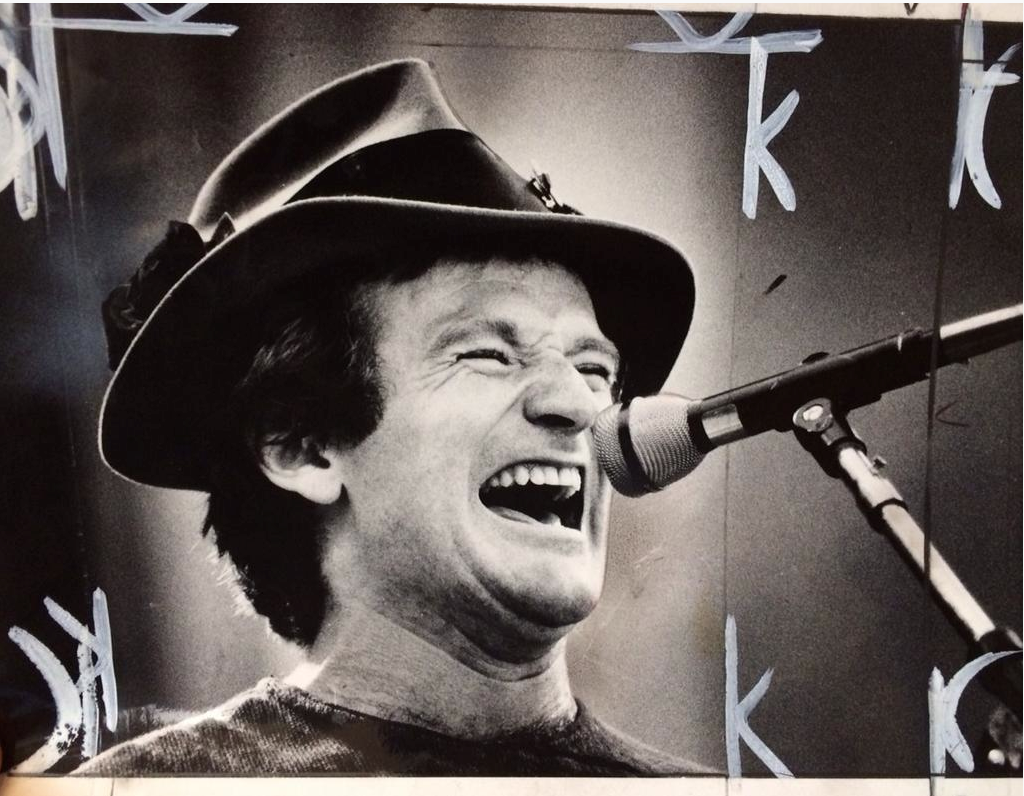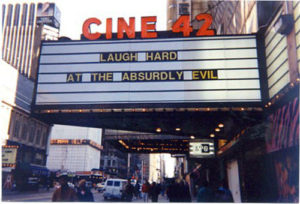“You’re only given a little spark of madness. You mustn’t lose it.” – Robin Williams
Very much did not want to write about Robin Williams.
Because futility. Because senselessness. Because it feels, at its core, utterly inadequate to attempt to unpack any potential meanings in Williams’ suicide, given how, like war, like disease, like abuse and ultraviolence and the endless slaughter of innocents worldwide, it requires going dark, digging into the bleak, shadowy regions of the human psyche, when all we ever really find there is phantasms, demons, glooms.
No meanings anywhere. No place to land. Just void.
Is it not true? To delve into the particularly gnarled portions of modern existence is to tacitly acknowledge that most of them are, by nature, quite thoroughly intractable, illusory, impossible to fully understand or process? Psychology and psychiatry are just elaborate educated guesses. Neuroscience is still shockingly primitive. Technically speaking, we really don’t know much of anything about the strange, divine kaleidoscope that is the human soul.
Nevertheless, we have to try? We have to at least look? This is important? These are not statements.
Jesus, it’s not like we’re lacking in other opportunities, you know? It’s not like we have insufficient examples of suffering, savagery and loss in the world, such that our karma requires someone as gloriously gifted – and apparently, quietly tormented – as Robin Williams to exit this world in the way he did, so we may more thoroughly examine our psychosis and our frayed pathways.
But there it is. It happens anyway, and we can only entreaty to the Fates, God, the infuriating ambivalence of the universe: Was this really necessary?
No answer comes. This is the beautiful, brutal secret of the universe. No answer ever comes. It just keeps dancing.
So we try something else. Instead of endless processing, instead of failed attempts to define the indefinable and make sense of our various demons – in Williams’ case, depression, addiction and suicide – we instead try the next best thing: we ponder. We discuss. We reflect. Maybe we even make a few changes. Just to see.
At the very least, we open ours hearts a tiny bit more to those around us, as we realize Williams was far from alone in his torment, and even as we understand that there is no easy solution to any of it. Because this is life, stupid. There’s never an easy solution. There’s never a safe place to land. Just not how it’s built.
There is, however, some possibility. More love. More offerings of support and kindness. And, to my mind, more work to be done to see just how many of our beloved demons exist as a result of our own money-crazed, power-mad culture, our fetishes for violence and teardown, our cruel addictions to celebrity, perfection and the false gods of fame.
Really now, do we not invent many of our own demons, feed and coddle them, manufacture and amplify and make them into unstoppable armies? Given the size of the population, our rapacious rates of consumption, the dazzling reach of the Internet and the speed at which suffering can now gain traction and travel, we have more potential threats to the stability of our psyche – both personal and collective – than we’ve ever had before.

Old SF Chronicle shot, circa 1987, by Fred Larson
What do you think? Do you feel the modern world is more fraught with relentless messages of hatred, odium, self-destruction than ever? It would certainly seem so. It’s a bit like environmental toxins. A hundred years ago they barely existed. Now? We swim in an inescapable chemical stew, our very air, water, food and furniture and technology and even cancerous toys loaded with so many freakish artificial compounds, we can’t even keep track anymore.
I digress. But only a little. Because most of what I’ve seen so far in the wake of Williams’ death is lots of powerful, informative outpourings about the illness of depression itself, its anguish and its savage mystery. Personal stories, anecdotes, shocking glimpses into the pain.
It’s all in turns hugely illuminating, frightening and sad, even as it remains impossible to locate exactly. Hell, even the late, hyper-articulate David Foster Wallace, prior to his own depression-induced suicide, couldn’t explain his illness’ source or its significance, only the staggering agony it induced.
But then, what of the popular Jungian notion that the dark side, the shadow is ever-present and ever lurking? What do we make of the idea that we are ever at the mercy of our own treacherous temptations and inherent flaws? What of the fear that whatever took down Williams is ever breathing at all our doors?
I’m not so sure of this. I’ve recoiled hard at the notion that the darkness is somehow built in, hard wired, that everyone has a shadow side and it’s only the thinnest veil of morals, laws, guilt, silly notions of God that keep everyone from murdering each other, and then themselves.
I’m much more taken of the Tantric notion of stuckness. Of dangerously stagnating energy, all those emotions, beliefs, convictions, patterns, traumas, memories that somehow take hold of us so deeply they actually begin to calcify, turn poisonous, convince us they’ve been there all along and that’s just the way we are and there’s nothing we can do about it.
I think even Williams would call bulls–t on that one. No way are we hard-wired for doom. No way are we darkly predisposed to wipe ourselves out, to steal and murder and destroy like dumb zombies. As Williams’ own genius proved, we’re far more predisposed to laugh, to find joy, to relish the wonder and irresistible humor of existence itself, even amidst the pain and anguish. When all is said and done, isn’t that the best lesson of all?



